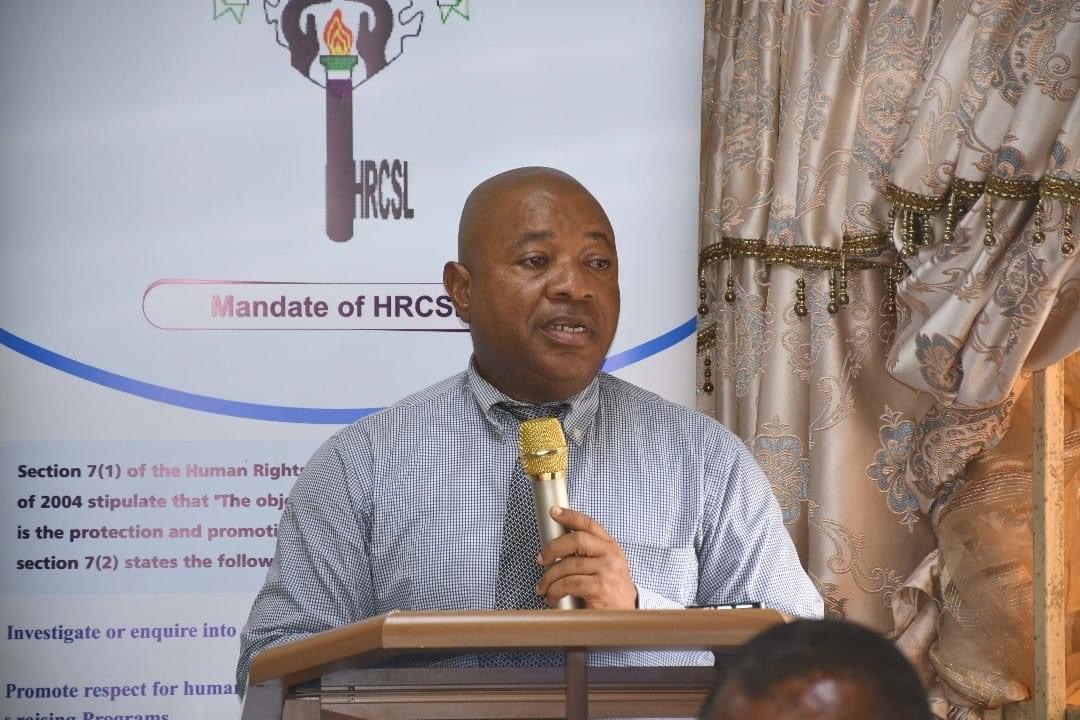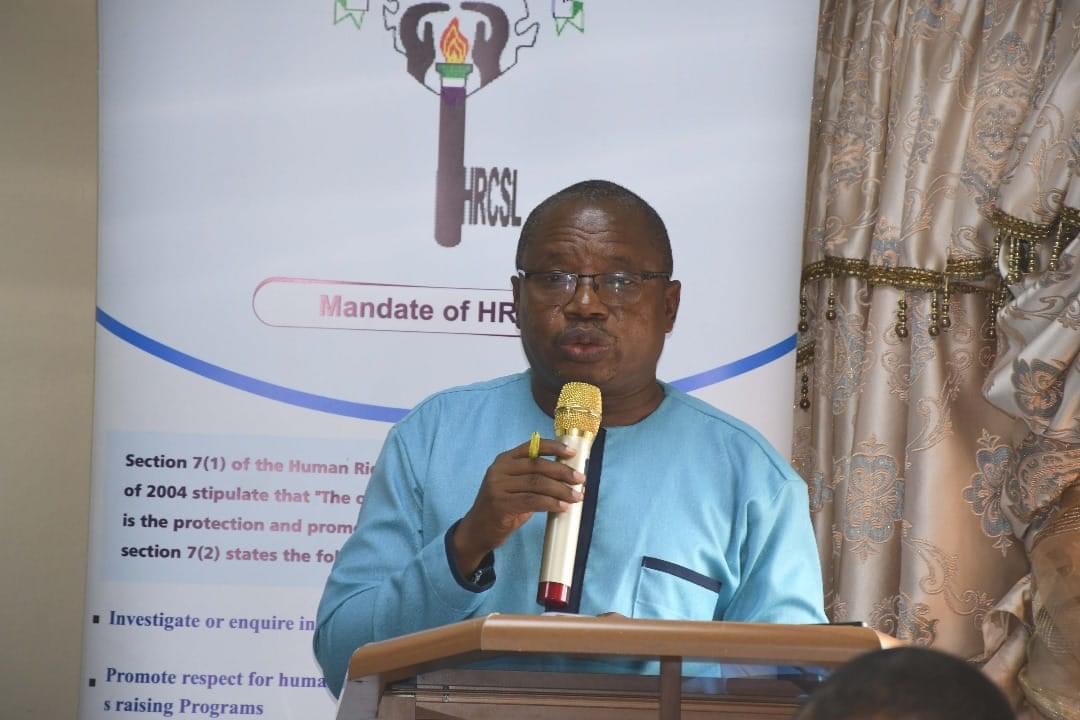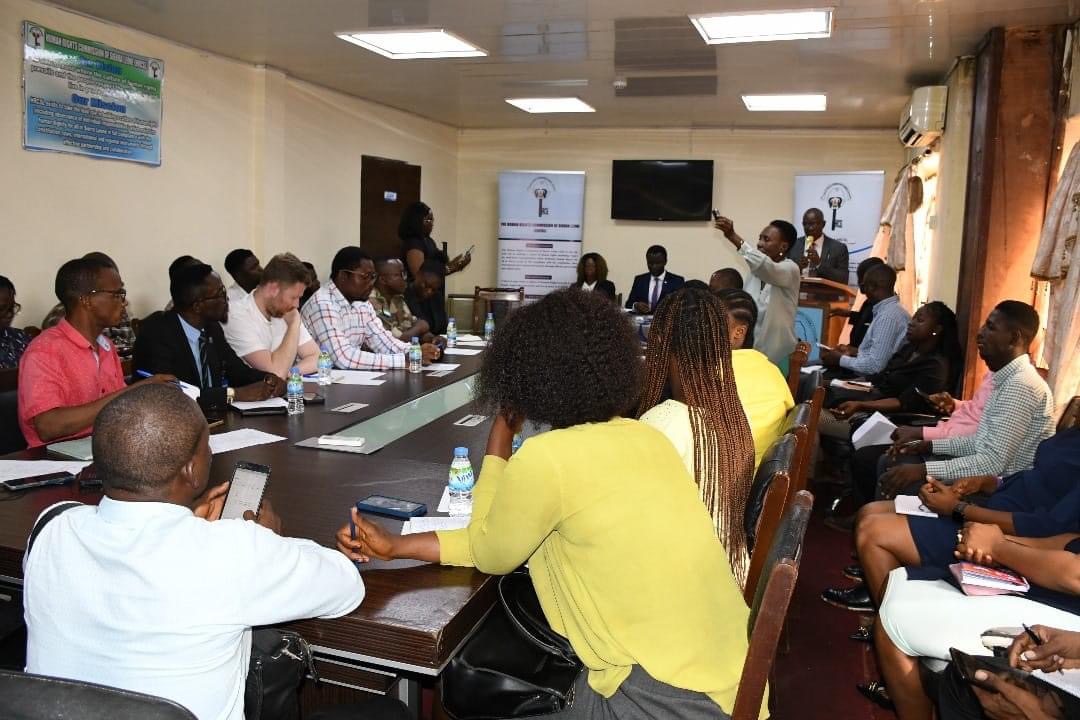The inquiry, initiated in January 2022 with the support of the Open Society Initiative for West Africa (OSIWA), the United Nations Development Programme (UNDP), Irish Aid, and the Government of Sierra Leone, aimed to uncover and address allegations of systemic human rights abuses by law enforcement officers. The investigation was prompted by numerous complaints of misconduct, particularly in the maintenance of law and order.
During the launch, Abu Bakarr Kamara, the Director of Climate Change and Information Services, highlighted the extensive preparatory work that preceded the inquiry. Strategic engagements with civil society organizations, non-governmental organizations (NGOs), and law enforcement officers were conducted, followed by community engagements and roundtable discussions across the country. These efforts culminated in the collection of 178 complaints, of which 133 were deemed admissible.
Commissioner Simitie Lavaly provided insight into the inquiry’s procedures, noting that hearings were conducted simultaneously in the North/Northwest and Southeast regions, as well as in the Western Area. Three panels, composed of HRCSL Commissioners and hired lawyers, were established to review the cases. The panels conducted thorough cross-examinations of complainants, witnesses, respondents, and other interested parties.
The HRCSL’s mandate to conduct public inquiries into systemic human rights violations is enshrined in Section 7(2)(a) of the HRCSL Act of 2004 and Rule 42 of the HRCSL’s Complaints Investigations and Inquiries Rules of 2008. The inquiry’s findings, detailed in the newly released report, include specific recommendations and directives aimed at addressing the violations.
In his remarks, HRCSL Vice Chairperson Victor Idrissa Lansana expressed gratitude to OSIWA, UNDP, Irish Aid, and the Government of Sierra Leone for their support. He also praised the RSLAF for its cooperation throughout the inquiry process, including the provision of legal representation during the hearings.
The report concludes with a significant financial penalty for the SLP and RSLAF. The Commission has ordered the SLP to pay 305,100 new leones and the RSLAF 170,000 new leones in compensation to victims of human rights violations. These funds are to be paid to the Commission for distribution to the affected individuals.
The HRCSL’s findings underscore the need for systemic reforms within Sierra Leone’s law enforcement agencies to prevent future abuses and ensure accountability. The report serves as a crucial step toward justice for the victims of these violations.















